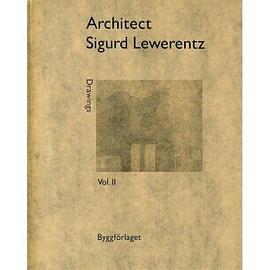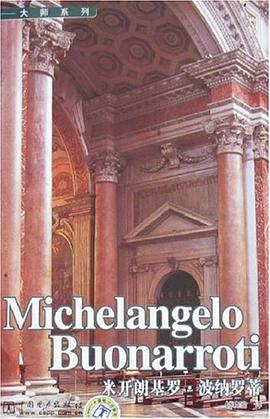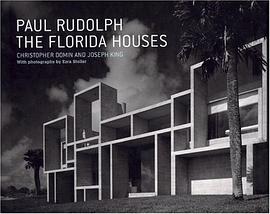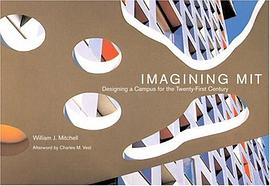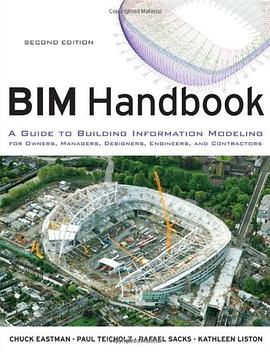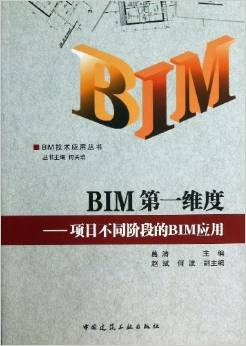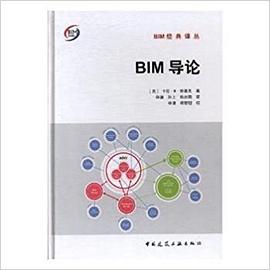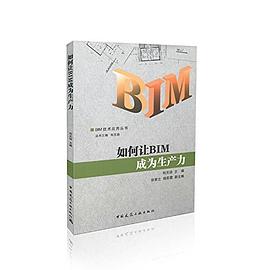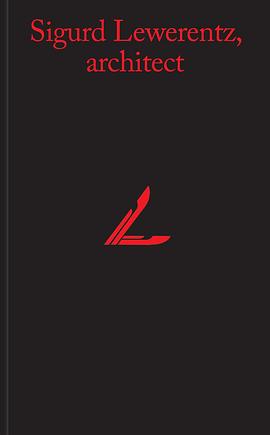

Sweden has produced two architects of international stature in the 20th century, Gunnar Asplund and Sigurd Lewerentz. Together, Asplund and Lewerentz collaborated on the development of the Woodland Cemetery. Their buildings were profoundly personal; and while their output was not large, it covered a wide range of design, from furniture to landscape. Asplund gained immediate fame and success, inspiring others and attracting disciples, but the uncompromising and solitary Lewerentz has been recognized only recently. Janne Ahlin's is the first major study of this enigmatic figure who was an early force in the shaping of modern architecture.
Lewerentz's work is presented in over 300 black and white and full color illustrations; the drawings and watercolors are particularly revealing as he rarely wrote or talked about his projects. It includes an astonishing variety of projects simple worker's housing and aristocratic homes, factories, churches, cemeteries, office buildings, store interiors, furniture, town plans, and ingeniously designed window and door fittings that he patented and manufactured in his own factory.
Lewerentz, who was born in 1885 and died in 1975, began study at the Royal Academy of Arts in Stockholm. Breaking away almost immediately, he founded the Klara school, gathering an independent and radical group of architects who endorsed the use of indigenous materials and forms and whose concern with direct and authentic expression paved the way for modern architecture in Sweden. Lewerentz was in fact the first Swedish architect to work actively with the newly formed Deutscher Werkbund in Germany, where he became acquainted with Le Corbusier.
The book follows his design career from such neoclassical projects as the Hälsingborg Crematorium and the Woodland Cemetery to the more expressionistic banners, program covers, signs, pavilions, motor vehicles, and touring boats for the 1930 Stockholm Exhibition. It includes his contribution to industrial design and furniture design, his lighting fixtures, and a number of other glass products.
Janne Ahlin teaches at the School of Art and Design in Stockholm and maintains an architectural office in Lund.
具體描述
讀後感
評分
評分
評分
評分
用戶評價
節點設計可以從Scarpa開始,到Lewerentz,再到Zumthor。
评分圖+排版好,文字應該是翻譯的,語句不太通順。
评分溫柔的傳記,作品集性質較弱,更多是在講Lewerentz不同時期的活動和遭遇。作為瞭解Lewerentz一生思考軌跡的重要補充。和Asplund相愛相殺啊,曾經一起逃學的熱血青年,在民族浪漫主義中成長,成為瞭新古典的中堅力量,擁抱現代主義,本來相互欣賞的二人在1935年由於墓園大教堂的爭端正式決裂。後來Asplund操勞過度掛瞭,Lewerentz 迴歸自己的內心,留下瞭迴音繚繞的兩個教堂。
评分圖+排版好,文字應該是翻譯的,語句不太通順。
评分節點設計可以從Scarpa開始,到Lewerentz,再到Zumthor。
相關圖書
本站所有內容均為互聯網搜索引擎提供的公開搜索信息,本站不存儲任何數據與內容,任何內容與數據均與本站無關,如有需要請聯繫相關搜索引擎包括但不限於百度,google,bing,sogou 等
© 2025 qciss.net All Rights Reserved. 小哈圖書下載中心 版权所有


